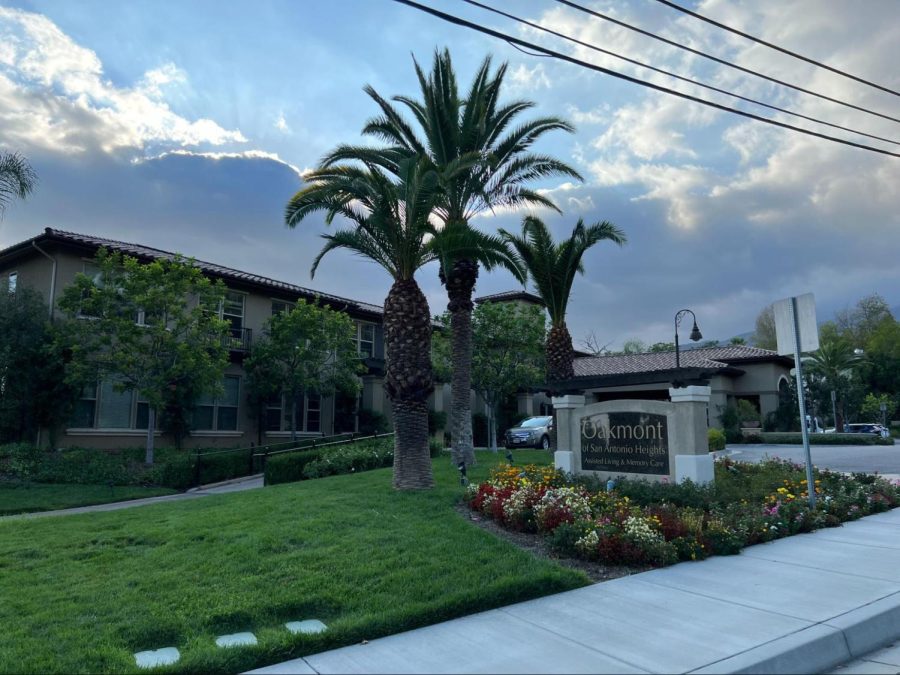Opinion: Senior citizens have an advantage in the housing market
A state law from the 19th century gives the elderly an exploitable market benefit
Los Angeles County is facing an affordable housing crisis as median home prices have skyrocketed in the area. Despite this, one specific demographic, senior citizens, are able to secure affordable housing while excluding other demographics from these communities.
California prohibits housing discrimination based on certain factors such as, race, religion, sex and marital status but makes an exception to age. This has been the law since 1968, when the Rumford Act was passed by the California State Legislature. The bill was originally passed in 1963, repealed a year later, restored in 1966, then ultimately backed by Congress in 1968 with the National Housing Act.
While on the surface it appears that the provision solely establishes protections for elders, in practice it allows for housing developers to enact policies that limit the amount of people under a certain age that can live in their communities. These guidelines vary from community to community, but on average require 80% of the community to be senior citizens or, under new terminology, active adults past the age of 55.
Additionally, senior communities usually offer significantly lower prices. Of a list of eight Zillow listings for elderly homes in West Covina, the average cost for a home was $287,500. In comparison, Zillow’s home value index values the typical home in the city at $780,116.
When asked if families should consider taking care of their elderly instead of putting them in senior living units so those units can be made available to first-time buyers, 16-year real estate industry veteran, Irene Taelman, 50, said, “I think that’s an extremely personal issue that individuals have and I believe that most American parents do not want to burden their children, but yes, I think that as a family unit we should be prepared to participate in the care of our family.”
She continued, saying that one reason senior communities are allowed to have these quotas and exist is because these communities already did so before the Rumford Act was passed. Another reason she lists why these housing units are exclusive to older people is that the cheaper housing is accessible to people who may be unable to work and make income because of their physical condition.
Senior communities may also pay less taxes and insurance due to not requiring K-12 schools in their neighborhood, so it is beneficial to seniors with fixed incomes who also see medical care costs rise.
Local governments are responding to the housing crisis in many ways, including asking builders to provide affordable housing units in their complexes or provide additional down payment assistance to first-time home buyers.
In Los Angeles, the city government began enforcing an old policy that requires developers to include affordable housing units in new buildings or pay an “in-lieu” fee to the city’s affordable housing trust fund.
Locally, the West Covina City Council approved housing developments by Meritage Homes that are set to open later this year. The council approved this development with the stipulation that the developers include a down payment assistance program to attract first-time buyers. Meritage Homes agreed to provide a total of $200,000 to be available for interested buyers, according to a statement made by the company’s vice-president of forward planning, Aaron Talarico, at a council meeting in July last year.
Government grants and regulation similar to what is in place for senior citizens could help combat skyrocketing home prices. If effective, the measures would allow people born and raised in California who are hoping to buy their first home in the communities they grew up in, the communities they work in and the communities they have valued their entire life, to do so.












